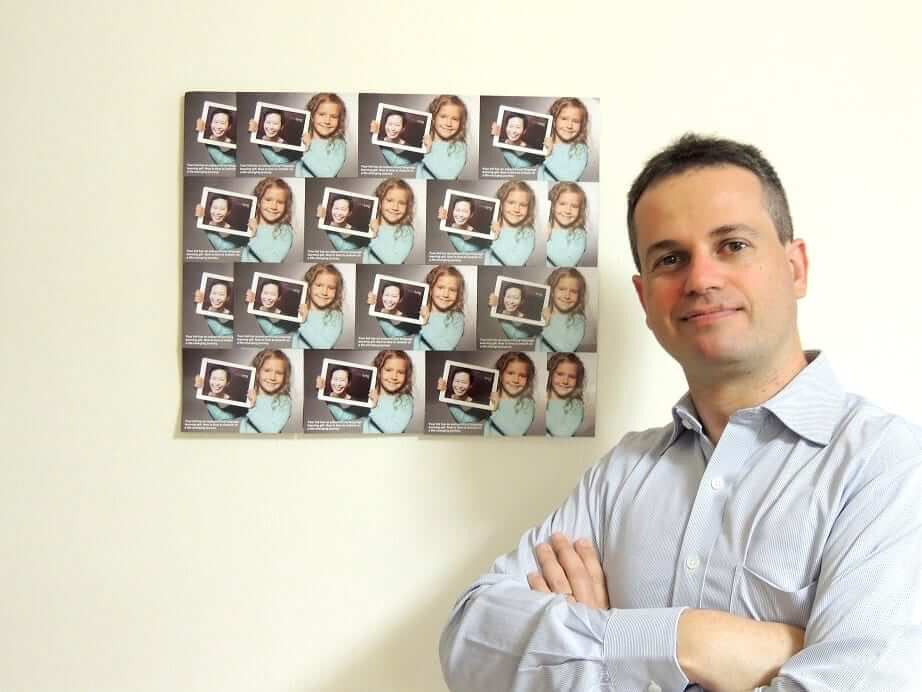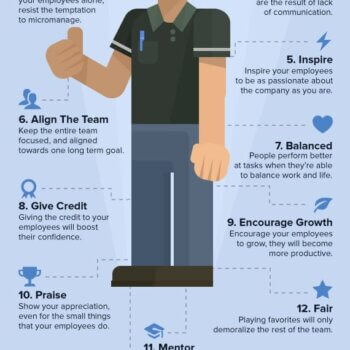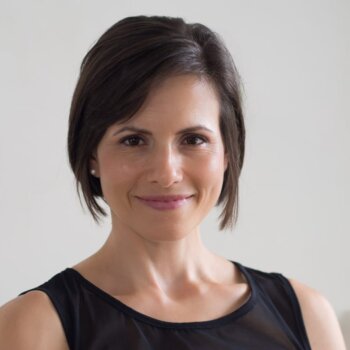Born in Sweden with family roots in Eastern Europe and North Africa, Bernard Golstein was the fortunate recipient of a classic French education and immersed in French humanistic values. Foreign people and lands have casted a spell on Bernard as he is now proudly married to a South-African musician and the father of two India-born multilingual kids.
The calling was also linguistic, Bernard began his linguistic journey in childhood. The early study of English enabled Bernard to learn Russian as his main foreign language in high school, and set off a virtuous linguistic cycle. He ended up studying half a dozen languages during his school and university years, and continued throughout his professional career. During Bernard’s first posting as a young engineer, in Turkey, he wrote a Turkish grammar book. Later, as an expat in India, Bernard also took to Hindi at which point he clearly understood the challenges of adult language learning.
Bernard put an end to a successful corporate career 20 years to the day after it began. He had dreamt of VivaLing with a clear and compelling vision: to change kids’ lives by making high-quality language education widely available; and to contribute in the long-term to language sciences. Bernard feels truly blessed with VivaLing. There is nothing he enjoys more than its mission and its human, cultural and linguistic diversity.
In your own words what is VivaLing?
VivaLing is the world’s first online language academy for kids. Through outstanding coaches, science and technology, we teach languages in real-time video to children aged 3 to 15.
How did you come up with the idea of VivaLing?
The idea of VivaLing came up as I was looking for a convenient and effective way to teach Mandarin to my own kids. I knew that the earlier a language was learned, the closer to nativelikeness the learner might eventually get. My children were already bilingual in English and French and had picked up – and already forgotten ! – Hindi. Now they needed to learn Chinese and be able to communicate, not just learn new characters.
Could you walk us through the process of starting up VivaLing?
Singapore having an unmatched effectiveness, the formal starting up of VivaLing took precisely 30 minutes – and the company was registered. Beyond the administrative steps, my main efforts before and after formal start-up were focused on gathering an outstanding team. This is when I met with WANG Zihan, my young and promising Chinese co-founder, who had the courage of joining a start-up straight out of the academic world. At the early stage of the company we also had many supporters, in Singapore and in France, who helped us lay the foundation of the company, some on a purely pro bono basis. We are very grateful to all.
Did you encounter any particular difficulties during startup?
The biggest difficulty we encountered during start-up was the absence of a technical co-founder. We overcame it by outsourcing our early development work and using as many off-the-shelf technical components for our minimum viable platform. Most importantly, we had two consecutive IT advisors who each time helped us go in the right direction given our resources and objectives – we know their presence probably spared us many wrong choices.
How have you been developing VivaLing since startup?
Many people might say VivaLing falls into the ed-tech (education technology) category. We like to think we have instead developed it as a tech-ed start-up, that is to say an educational venture supported by technology and science. Our first employee was the Head of Learning – this clearly signals where we put our priorities. We have built an outstanding pedagogical framework, the ViLLA or VivaLing Language Learning Approach, tailored to teaching languages to children online. It is the best on the latest scientific findings on child language acquisition and also taps our unique experience teaching online. We believe that this framework, together with our outstanding coaches, clearly set us apart. Now we must achieve the same level of excellence with our technology. We are working hard on it.
What kind of feedback did you get for VivaLing so far?
We have received extremely positive feedback from three different groups of stakeholders.
Firstly, our customers, or rather our young learners’ parents, regularly send us thank you notes stating how happy they are with their kids’ progress. They achieve both communicative skills in the language AND higher marks at school – unfortunately the two are not always connected because of exam biases, but parents tell us they notice a marked improvement in both. After trying us, our customers stay on and on – their loyalty rate is extremely high and speaks to their satisfaction. They share with us that our academy is convenient and effective, and that thanks to their coaches’ talent their children are often engaged far beyond what they experience at school. As a result we already have young learners in about 25 countries.
Secondly, we have received extraordinary feedback from our own coaches. They like us because our approach gives them centre stage. They are our most valuable asset, we respect them, develop them and cherish them. As early as the selection stage they understand that we put education, not profit, at the core of our proposition. In many cases they tell we have literally changed their lives. Our coaches are located all over the world ; sometimes they could not express their talent for lack of any language audience where they live, in remote places or small villages ; or else life circumstances, for instance looking after a young child, had made it difficult for them to take a traditional job.
Thirdly and most unexpectedly, we have been singled out by governmental language institutes in several very large countries whose national language we teach. They have reached out to us recognizing that there were no other players doing what we do at the same level, in spite of our relatively young age. We are currently negotiating partnerships with them and, as you may understand, feel extremely proud about it.
What is your strategy against your competition?
At this stage we know of only one serious competitor in the world. While respectable, they are local whereas we are global, and their specificities will probably force them to stay in their own country for quite some time. We know this lack of competition will not last forever. Players will most likely try to enter from adjacent areas. But they will encounter serious difficulties of their own. Our strategy against competition is to stay ahead on the pedagogical side while building technological leadership. We will continue tapping our biggest strengths: our native global footprint and our ability to innovate.
Have you developed any industry insights that you could share?
Our specific industry is nascent – you can count the players on half of the fingers of one hand. This is definitely bound to change, but barriers to entry are pretty high for players in adjacent areas. For example, the adult online language teaching world is completely different from the child one if done seriously, and going from one to the other requires different infrastructure, pedagogy and teachers. As far as offline “brick and mortar” child language teaching incumbents are concerned, they are reluctant to go online for fear of self-cannibalization. Last, traditional e-learning players struggle when dealing with real teachers. What is most striking across the industry and adjacent areas is that the science of language acquisition and the science of teaching are not fully understood by a surprisingly high number of professionals; they may still think teaching is an art with its part of mystery, while teaching actually abides by identified scientific facts determined by human biology.
What is the future of the industry?
The industry has extremely interesting times ahead. Today IT outsourcing seems natural and obvious but a few decades ago it was unimaginable, since IT departments seemed forever entrenched within their companies. Similarly, I believe that in the future the majority of schools will outsource their language education programs, realizing that specialists can do it better than them. The winners will be “glonal”, that is to say global and personal at the same time. Global because whatever the learner and whatever the language, the neurolinguistics of child language acquisition are strictly identical; therefore it will be most sensible to build large-scale platforms providing the most researched and best learning framework and resources. Personal because teaching can never be fully standardized but must instead be tailored to each individual, their starting point, their objectives, and their individual characteristics. It is in VivaLing’s DNA to be glonal and to constantly innovate on child language acquisition – this is how we plan to stay relevant and we are not short of ideas.
Were there anything that disappointed you initially?
Not really. We just had to adjust our plans, for instance, when we could not find the right technical co-founder in Singapore. Our search has been broadened to Asia and we are even open to the whole world. We will not compromise on quality and want an exceptional CTO who will come along with us in this exceptional adventure. There is a seat available for an extraordinary journey at the leading-edge of our industry.
What do you think about being an entrepreneur in Asia?
Being an entrepreneur in Asia is extremely exciting, if only because more than half of the world’s population can be found within a radius of a few thousand kilometres from Singapore. In addition, the specific infrastructure constraints that may have hindered past progress can now be leapfrogged, hence the very fast growing mobile penetration in many Asian countries.
What is your opinion on Asian entrepreneurship vs Western entrepreneurship?
Asian entrepreneurship probably has as many facets as the continent itself! It is easier for me to restrict my comments to Singapore where VivaLing is headquartered. The leadership team of Singapore have taken the country from 3rd world to 1st – and even to the very top of numerous country rankings- over the past 5 decades, to paraphrase late Prime Minister Lee Kuan Yew. The next stage of reinvention involves innovation and entrepreneurship. It is no surprise therefore that Singapore provides start-up with extremely favourable incentives, be they financial, logistical or administrative, to help them take off. VivaLing, for instance, operates out of the growing LaunchPad in One North, a thriving start-up park built around legendary block 71. To be fully effective, the incentives will need to be followed by an evolution in mindset, which obviously takes longer to materialize. Innovation requires different qualities than execution excellence, one of the success factors of Singapore so far. Taking risks has to be accepted, and failure must be perceived as a step towards future success rather than a humiliating setback frowned upon by society. The day start-ups become a career path of choice, tech entrepreneurship will be fully unleashed.
What is your definition of success?
My definition of success is twofold : making a sizable impact and innovating by going where no one has been before. This is also the mission of VivaLing : changing the future lives of children by early language acquisition, and advancing language acquisition knowledge and teaching far beyond where they stand today. The latter is work in progress. On the former we have already received countless testimonials. Young Singaporeans choose us instead of old fashioned tuition or enrichment centre to excel at school in Mandarin and English; others explore French and Spanish with us. Aside from Singaporeans, we love building language connections, some quite improbable, for instance teaching Chinese to Indians, French to Americans, English to Central Asians, Spanish to French. By doing so we craft cultural and communication bridges linking the adults of tomorrow.
Why did you decide to become an entrepreneur?
Once an entrepreneur, always an entrepreneur. It is my second stint in spite of having spent nearly 20 years in a large MNC which I still speak very highly of today – probably the best company in its category. As far as I am concerned, I like the agility of small structures, the fast pace, the thrill of being at the helm, the limitless opportunity for innovation and progress, the absence of politics, the lack of “history” and past constraints, the possibility of building something entirely new and meaningful. It is a clean slate where a completely new story can be written from scratch. In my case, the calling of entrepreneurship was drastically reinforced by the very nature of VivaLing – it had to be a new venture because there was absolutely no equivalent in terms of online language academy for children elsewhere in the world. And this is precisely what I wanted to do.
In your opinion, what are the keys to entrepreneurial success?
Many people will claim that entrepreneurship is a roller coaster. I cannot deny it. The successful entrepreneur will accept the fast succession of ups and downs, manage daily challenges while always keeping the big picture and the long-term objective in mind. They will quickly have the confirmation that ideas, however wonderful they may be, are nothing if they cannot be executed properly. Most importantly, entrepreneurs will only be as successful as their team, and probably as the weakest members in their teams. There is no bypass to impeccable talent management.
Any parting words of wisdom for entrepreneurs out there from your personal experience?
Follow your heart, fear not to fail, be persistent. Nothing new, but definitely relevant.
Connect
https://vivaling.com/who-we-are/






























